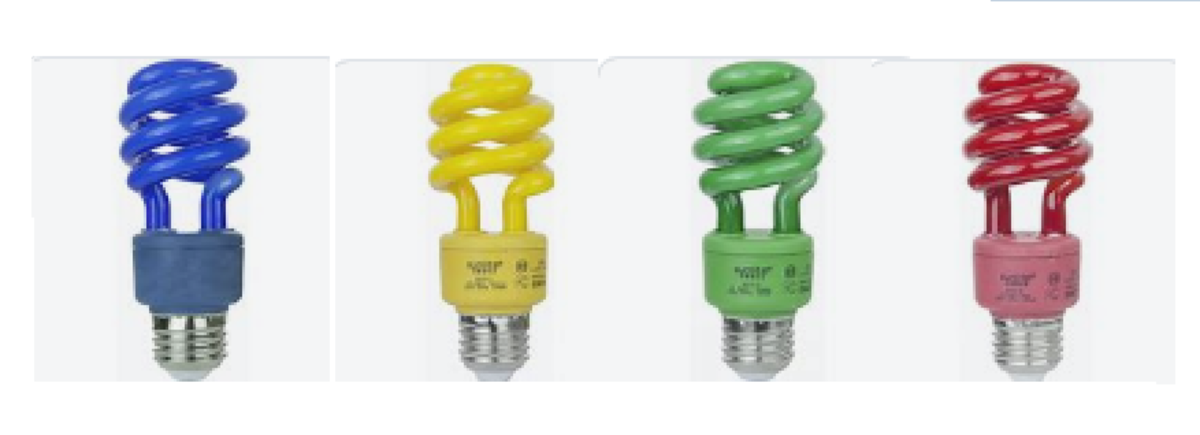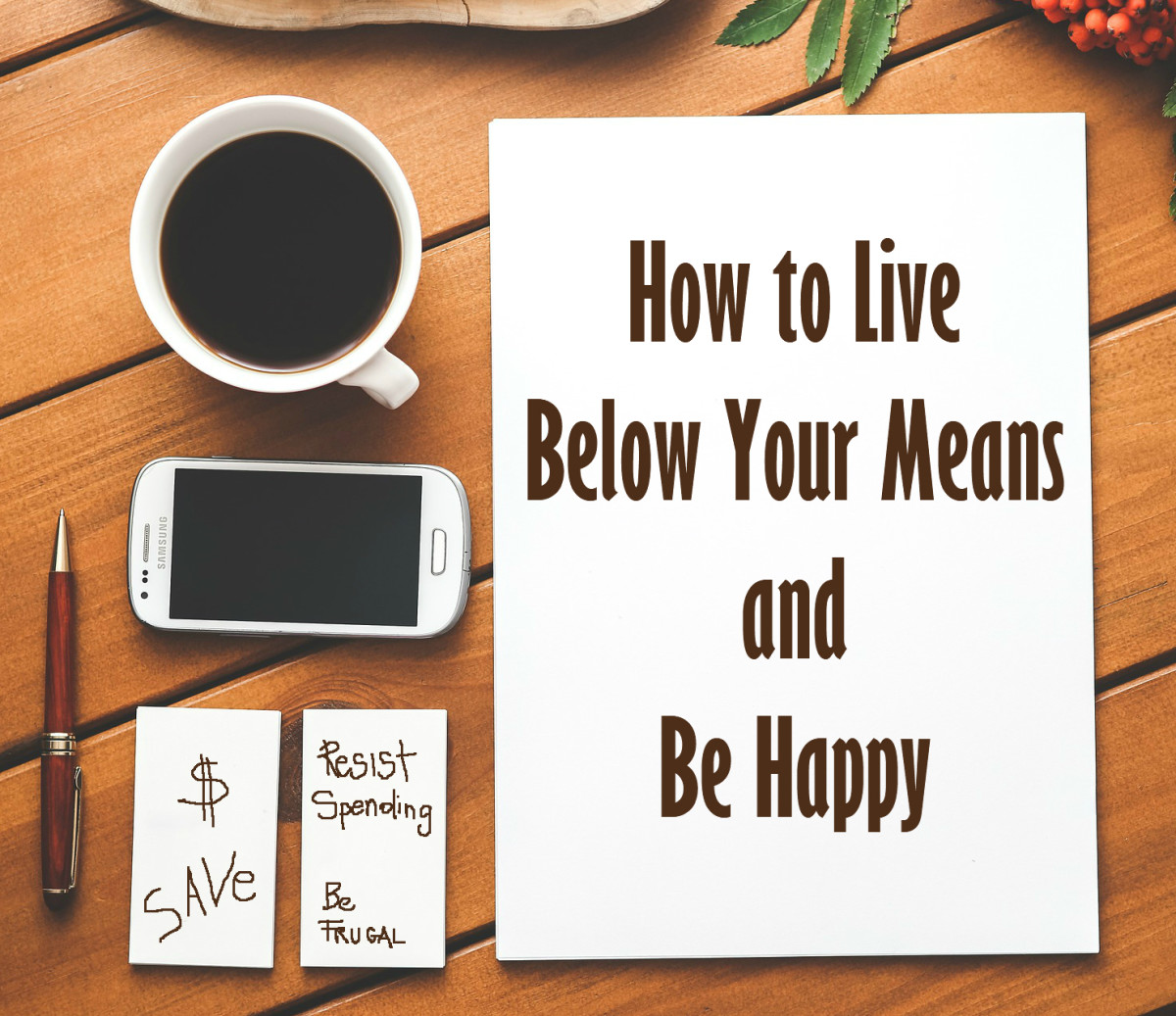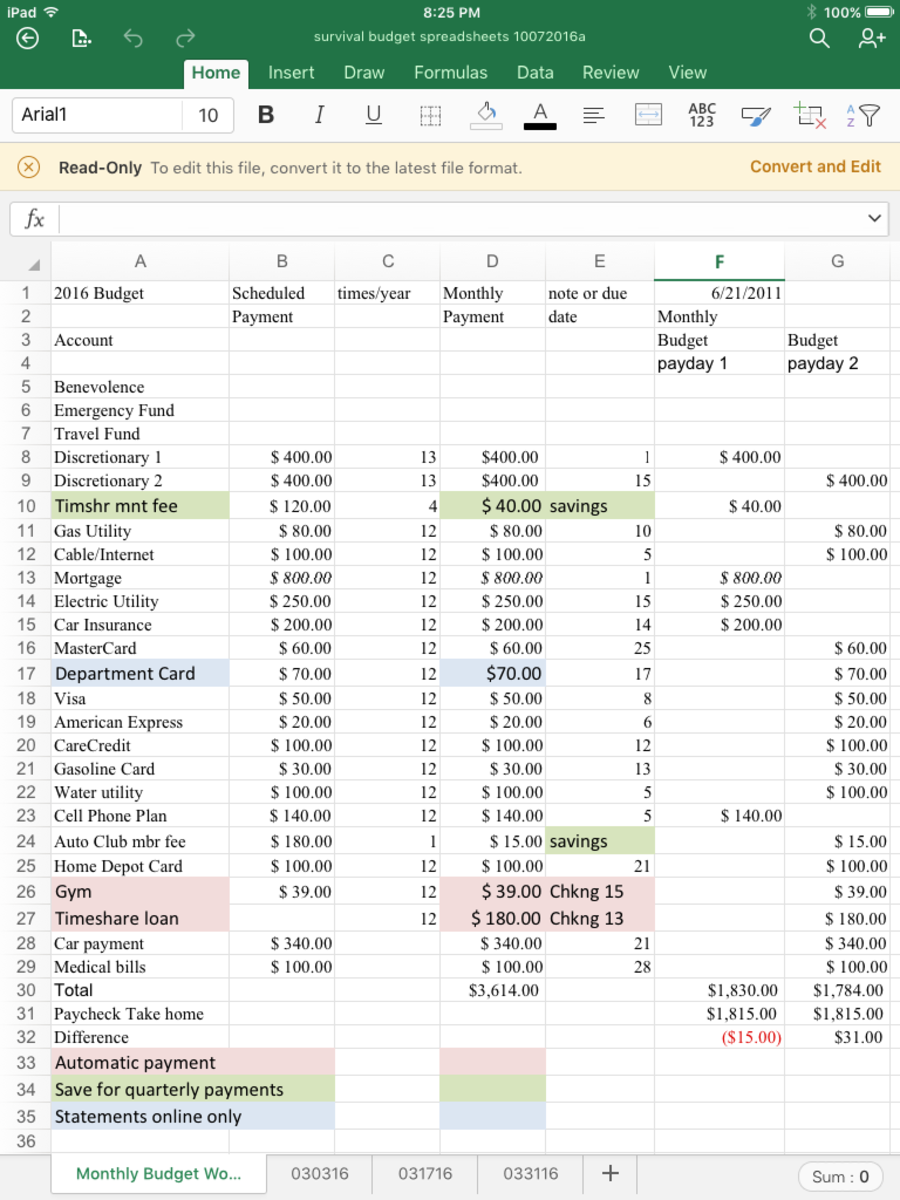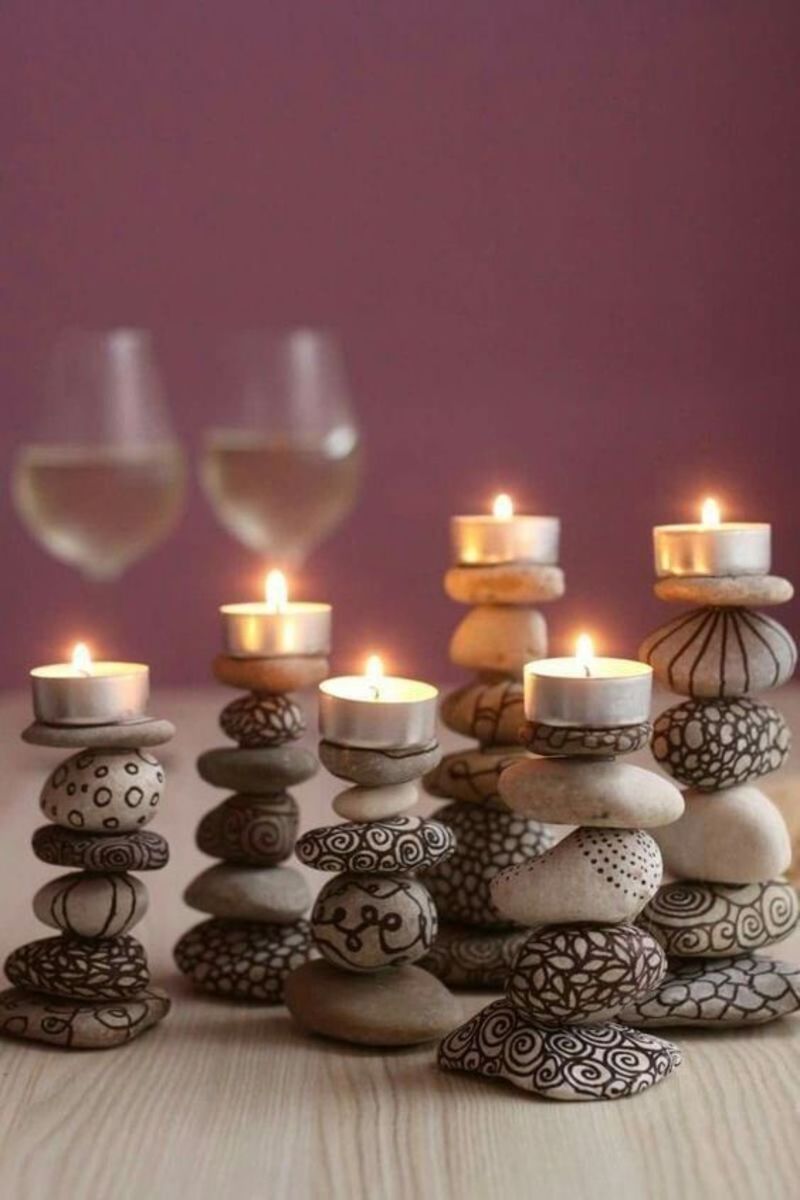Simple Tricks to Reduce Energy Usage
Perks of Saving Energy
- Overall expenses are reduced - Energy reduction leads to a lower power bill.
- Increased savings - The money saved on power bills can be put into a savings account to purchase something that you actually enjoy or take a vacation.
- Simplicity - Life becomes simpler the less plugged in you are.
Saving energy has the potential to increase the amount of manual labor performed which increases exercise.
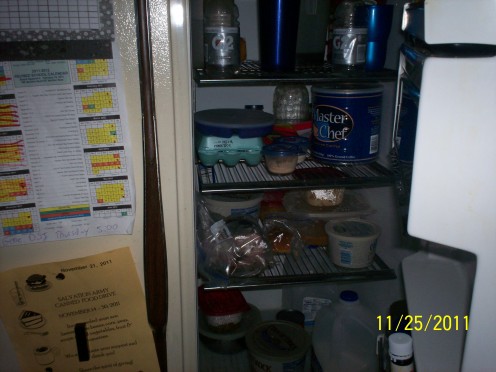
Expenses Reduction
Energy costs money. Lower the amount of energy that is used in the home lowers the amount of money spent on it. There are also options for budget billing or flat rate billing.
Budget billing will either be a set amount of vary from month to month based on usage depending on the power company. Flat rate billing the amount will remain the same for twelve months allowing you to budget around it.
*The only disadvantage of flat rate billing is that you won't see a savings when the bill is lower than the budgeted amount. Though there will not be any surprises because the drastic increases that come will not be reflected.
Increase Savings
Saved energy is money saved proving less is more. The differences in the bills can be used in other places or put into a saving account for other purchases and emergencies.
What can you do with the money you saved?
Vacations, new clothes, school supplies and a variety of other things can be purchased with the money saved to ensure needs are always met. There might even be room for a few of the things that you want.
Simple Changes Save Energy
Cooking- Unless you are using an open fire it takes electricity to cook.
- Match the burner size to the pot.
- Use lids when cooking to keep heat in.
- Leave the oven door closed.
- Bake multiple items at once
- Grilling allows you to save money while enjoying the outdoors.
- Turn off appliances when you finish using them (you can go a step farther and unplug them to put them away)
- Thermos for coffee
- Microwave
- Crockpot
- Roaster
- Air Fryer
The refrigerator and freezer can not properly do their jobs if you stand with the door open for long periods of time. Get what you need and get out of it. Allowing hot items to cool before placing them in the freezer or refrigerator will assist in keeping energy usage down as well.
Save Money on Heating and Cooling
- Regular serving of HVAC systems will keep them functioning at their most efficient while preventing costly repairs
- Doors and windows should remain closed when the central unit is in use
- Dress for the weather
- Adjust the thermostat up or down depending on the temperature outside
- Regularly change filters
- When weather permits turn the unit off and open the windows. The house airing out will be an added benefit.
- Open curtains on the sunny side to help heat the home during winter
- Check for air leaks around windows and doors
In winter months additional heat from the oven can lend a hand in allowing the thermostat to be turned down a few notches. Using fans in the summer circulates air keeping you cooler while raising the thermostat setting.
Closing Doors- The outside has its own climate control, leave the thermostat's comfort creation strictly to the inside. The doors leading to outside are not the only ones that need to be closed, when attempting to heat or cool specific areas with space heaters or window units the doors to the rooms you are not in should be closed off.
Turn off lights when you leave the room. Outdoor lights can be put on motion sensors, or portable solar lights can be used.
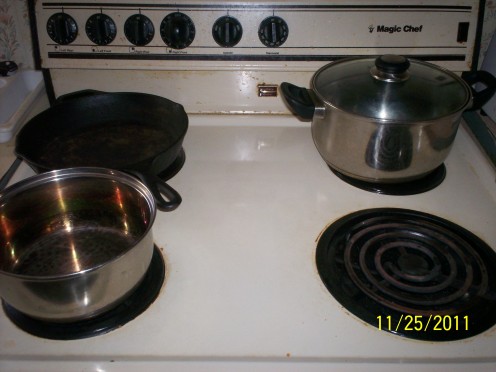
Phantom Energy Usage
Unplug- An empty outlet is not costing you money, just put plastic covers over it to prevent children from sticking things in it. Items such as cell phones, television, stereos, anything with a remote control is on even when it is off. Unplug it or use a power strip that can be turned off when the items are not in use
Maintance
Keeping household appliances clean and serviced regularly increase efficiency saving energy.
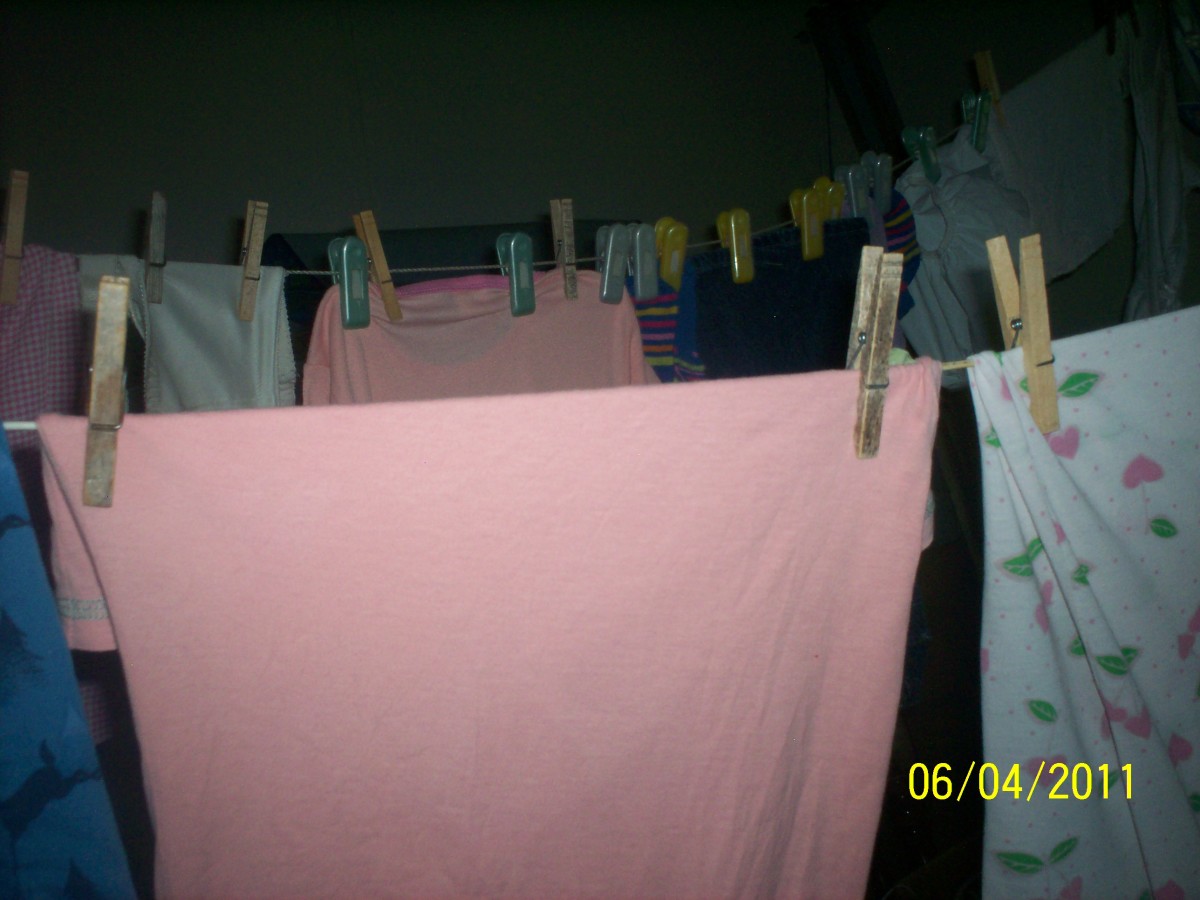
Energy Saving Tips for the Laundry
- Wash in cold water on the shortest cycle
- Energy saving setting on the dryer
- Washing full loads helps reduce the amount of times you run the machine
-
Skip the Dryer. Whether in the washing machine or done by hand hanging clothes out to dry in the sun saves a great deal of energy and money each year. Items can be hung inside as well as outside even without a drying rack with a little creativity.
Heating Water Takes Electricity
Laundry- Washing only full loads in the coldest water setting will save money on heating the water. Adjusting water levels and using a cold rinse even if you have no choice but to use a hot (try warm instead) wash cycle will save you energy.
Taking a trip back in time to hand wash some laundry will mean the majority of energy exerted came from you. This will require you to have water for washing, and water for rinsing set aside. There will possibly be the need for more water than you would have used in the machine to rinse the soap out of your clothing. (Use less soap when washing a few items in the sink.)
Want really hot water for your clothes? Boil a pot on the stove. You'll be pleasantly surprised with the laundry, once you can put your hands in the water that is.
Reducing shower time and letting the water be a little colder will save energy required to heat the water. Do not leave the water running while you do dishes. Making sure leaky pipes and faucets are fixed will lower energy usage and bills, especially when a private well is utilized.
.
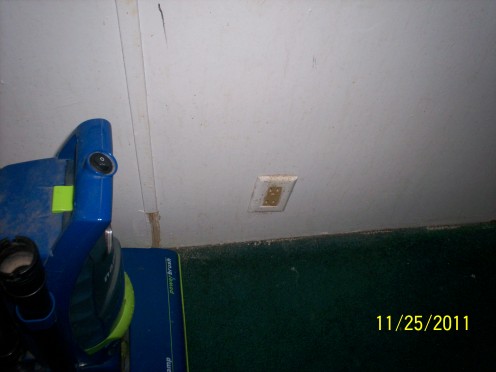
Pocket the Savings
The money that you save will be visible as utility bills decrease. Take the difference and save it for maintaining the items around the home that use energy. Insulation, roofing and windows can all be up kept with the savings. Additional insulation can go a long way to keeping a home the correct temperature to keep you comfortable.
Put the money saved on energy usage into a savings account and let it earn interest for you. You will be surprised how much you can save in a year when you actively attempt to reduce your energy usage.
Fun Ways to Save
How Do You Relax and Save Energy?
This content is accurate and true to the best of the author’s knowledge and is not meant to substitute for formal and individualized advice from a qualified professional.
© 2011 Laurie Childree


